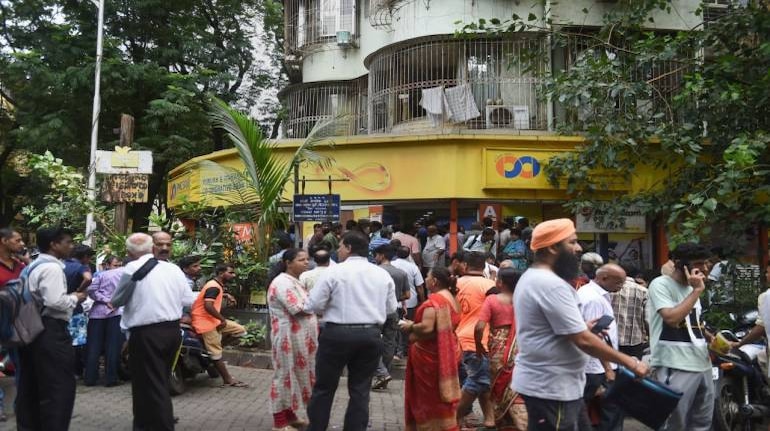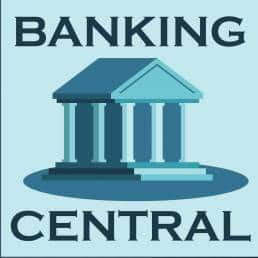



The Reserve Bank of India’s move to bar politicians from top positions in co-operative banks is a much-needed dose of regulatory action in the sector that is plagued by scams and serious concerns about how the hard-earned money of depositors is managed.
Local and state-level politicians have controlled India's co-operative banks for years. Political interference in lending decisions created the unholy nexus between such banks and corporations, leading to rampant corruption, mismanagement of public money and the eventual collapse of many co-operative banks.
The golden rules of the prudential norms were forgotten. Local politicians often shielded the wrongdoings in these banks by pressuring bank managements to toe their line. Most of the co-operative bank crises, including that in the Punjab and Maharashtra Co-operative Bank (PMC Bank), can be traced back to such local political involvements at some point. When the cookie crumbles finally, the blame is conveniently passed on to the bank officials who are actually only the tools of the real perpetrators.
The Reserve Bank of India (RBI) has now woken up finally to act on this issue. In a notification issued on 25 June, the RBI said MPs, MLAs and members of municipal corporations or other local bodies cannot hold the office of managing director (MD) or whole-time director (WTD) in urban cooperative banks. The central bank said these directions are applicable to all Primary (Urban) Co-operative Banks (UCBs). They should also not be a director of any company other than a company registered under section 8 of the Companies Act, 2013 or be a partner of any firm which carries on any trade, business or industry, the RBI said.
This is a welcome step and will help to speed up the process of cleaning up co-operative banks and insulating them from damaging political involvement in daily operations. "At least, that's the hope," an RBI official said writer on condition of anonymity. "Political involvement made the operations of these banks informal in nature and it was difficult for the RBI to understand what's really going on in the bank," the official said.
These institutions are an important part of the banking system from the point of view of financial inclusion. Hence, these firms need close regulatory attention. The health of the co-operative banking industry is in shambles at this moment. The RBI has clamped down on several erring co-operative banks in the past two years.
In May this year, the RBI cancelled the licence of United Co-operative Bank Ltd, Bagnan in West Bengal due to poor financial condition. On April 22, it cancelled the licence of Maharashtra-based Bhagyodaya Friends Urban Co-operative Bank Limited due to inadequate capital. In 2020, it clamped down on Vasantdada Nagari Sahakari Bank, Karad Janata Sahakari Bank, CKP Co-operative Bank and the Mapusa Urban Co-operative Bank of Goa.
 Enough is written about the plight of co-operative banks. Poor governance, light-touch regulation, local political intervention and a change in the composition of the banking industry leading to tight competition are all factors impacting the co-operative banking industry.
Enough is written about the plight of co-operative banks. Poor governance, light-touch regulation, local political intervention and a change in the composition of the banking industry leading to tight competition are all factors impacting the co-operative banking industry.
Rural co-operative banks, larger in number, are facing the brunt more, while after the PMC-episode, urban co-operative banks, which are the bigger ones, have got some regulatory attention (RBI has more powers to govern these banks now). But the issue of dual regulation with respect to smaller co-operative banks still persists.
The collapse of corporate governance and subsequent RBI crackdown on Co-operative Banks have shaken the trust of depositors in these institutions. If one looks at the recent past, the big example is PMC Bank where thousands of depositors are still waiting for the resolution to happen and get their hard-earned money back from the bank. The job of the regulator is to restore the trust back in these banks. Freeing Co-operative Banks from political influence is a big step in this direction.
(Banking Central is a weekly column that keeps a close watch and connects the dots about the sector's most important events for readers.
Discover the latest Business News, Sensex, and Nifty updates. Obtain Personal Finance insights, tax queries, and expert opinions on Moneycontrol or download the Moneycontrol App to stay updated!
Find the best of Al News in one place, specially curated for you every weekend.
Stay on top of the latest tech trends and biggest startup news.